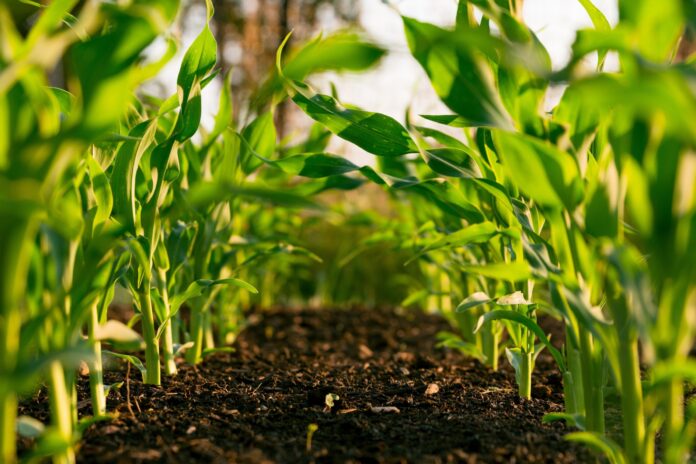The impact of agriculture and farming on the planet will continue to worsen the longer issues are left unaddressed. For this reason, it’s of growing importance to improve the sustainability of agriculture and make sure current and future farmers alike are opting for more eco-friendly techniques. Read on to find out some of the ways that sustainability can be improved in agriculture and what you can do to improve your own farming processes.
Increase Nature-Based Solutions
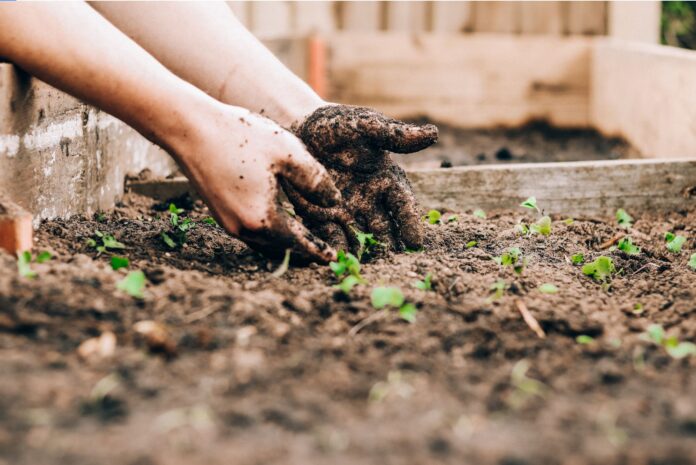
Nature-based solutions can be anything that uses nature as a way to improve the farming process. These are cost-effective and offer environmental, social and economic impacts. Some of the things you can do to help lower the impact of the agriculture industry on the environment include: – Reducing the amount of disturbance to the soil – Reducing the number of chemicals used in agricultural processes – Increasing biodiversity, both above and below ground – Making sure the soil is covered with crops for as long as possible – Paying attention to and factoring in the local environment All of these things can help to make your agricultural farming more eco-friendly, and if you make sure to put them all into practice, you will definitely find that there are a lot fewer negative consequences.
Access Support with Sustainability
There is a lot of information and support available to make sure that you know everything you need to in order to improve how sustainable your agricultural practices are. Companies like eu.vlsci.com are happy to provide guidance to those working in agriculture. As well as a wealth of resources and vital techniques, they offer sustainable products that will help farmers to improve the environmental impact of their processes.
Improve Education and Training
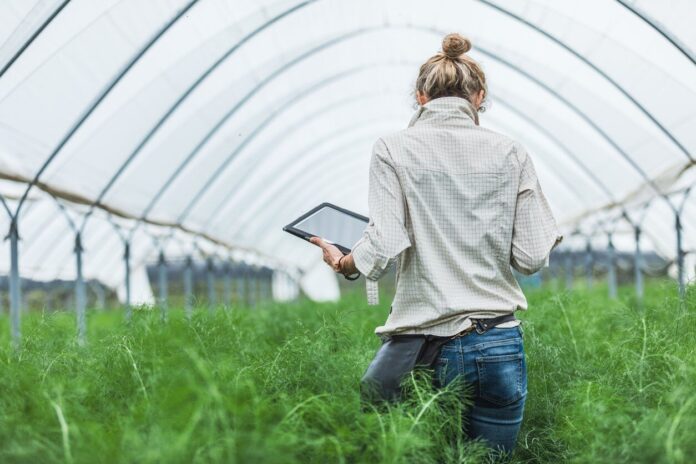
Making sure that everyone who works in agriculture, as well as the consumers who are going to receive the items at the end of the process, know more about sustainability in farming is another good way to improve it. If you manage a farm and implement more sustainable practices, it’s also down to you to make sure that anybody working for you also understands the importance of doing things correctly to reduce any negative impact. Educating your staff, as well as your friends and family, will help to ensure that any sustainable processes you implement continue to be used and expanded well into the future.
The impact of agriculture and farming on the planet will continue to worsen the longer issues are left unaddressed. For this reason, it’s of growing importance to improve the sustainability of agriculture and make sure current and future farmers alike are opting for more eco-friendly techniques. Read on to find out some of the ways that sustainability can be improved in agriculture and what you can do to improve your own farming processes.
Improve Soil Quality
Soil quality is an essential component for producing the food and fiber necessary to sustain a healthy population. It provides the foundation for agricultural production, but it can be adversely affected by unsustainable farming practices. To make sure agricultural systems are sustainable, it is important to focus on improving soil quality.
Improving soil quality requires an understanding of how different farming practices affect its structure and fertility. For example, overusing fertilisers or pesticides can negatively impact soil health and lead to degradation. Additionally, using lower intensity tillage techniques such as no-till can help improve water infiltration and reduce erosion of the topsoil layer which keeps more nutrients in the soil profile for crop uptake.
Waste Reduction in Agriculture
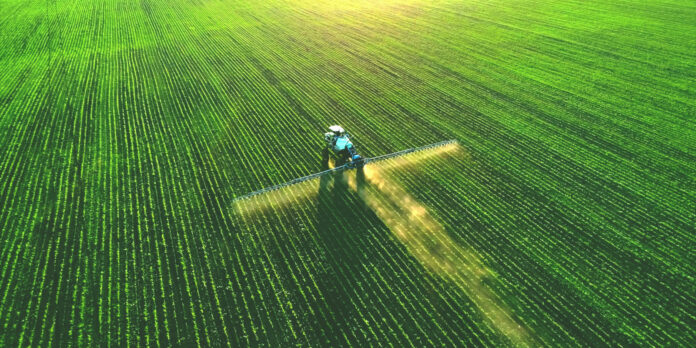
Waste reduction in agriculture is a key component of sustainability. As the global population increases, so does the demand for food produced from agricultural sources. To ensure that this food production does not come at the expense of our environment, farmers and agricultural companies must be proactive about reducing waste and increasing sustainability in their processes.
Reducing waste in agriculture can take many forms, from minimising fertiliser usage to utilising water more efficiently. By implementing sustainable practices such as crop rotation, farmers can also reduce soil erosion while promoting biodiversity on their farms. Additionally, adopting regenerative farming methods like composting and no-till farming can help reduce chemical runoff into nearby bodies of water while also enriching soil health over time.
Benefits of Sustainable Agriculture
Sustainability in agriculture is becoming increasingly important for our future. Sustainable agriculture practices are beneficial to the environment, human health, and local economies. Sustainable agricultural methods help to replenish soil fertility and reduce water pollution by decreasing chemical use. Additionally, these practices can improve crop yields and promote economic development.
Agricultural sustainability involves a variety of practices that increase the long-term productivity of land while conserving natural resources such as soil, water, and air. Practices like crop rotation improve soil quality by reducing erosion and allowing carbon dioxide absorption into the soil while cover crops help prevent nutrient runoff from entering nearby waterways. More sustainable farming techniques also include using organic fertilisers instead of synthetic chemicals to support healthy plant growth without damaging the environment or introducing toxins into food supplies.
Challenges to Sustainable Agriculture
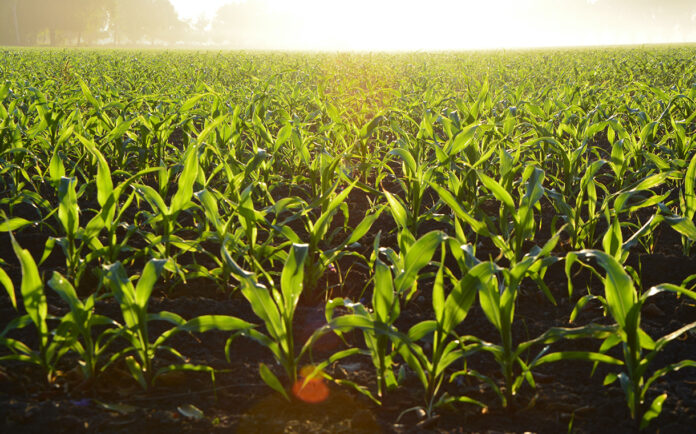
Sustainable agriculture is an increasingly important concept in today’s world. As the population continues to grow and traditional agricultural methods become less efficient, farmers must come up with innovative ways to produce quality food while preserving the environment. Despite its importance, there are several challenges that stand in the way of achieving sustainable agriculture.
One major challenge faced by sustainable agriculture is that it often requires farmers to adopt new technologies and practices, which can require a large investment of resources and capital. Additionally, many of these practices are not yet widely accepted or understood by local communities, making their adoption difficult. Furthermore, environmental factors such as climate change can disrupt established farming patterns and make it more difficult for farmers to achieve sustainability goals.
Finally, there is a lack of understanding among the general public on how their consumption habits impact sustainable farming efforts.
Solutions: Improving Sustainability
In conclusion, sustainable agriculture is an essential part of improving the environment and global sustainability. By investing in sustainable farming practices, we can ensure that our planet remains healthy for future generations. Farmers around the world are now beginning to understand the need to reduce their environmental impact, and there are many resources available to help them do this. With the right investments and initiatives, it is possible to create a better environment and a healthier planet. We must act now to ensure that our agricultural sector operates sustainably and responsibly.

